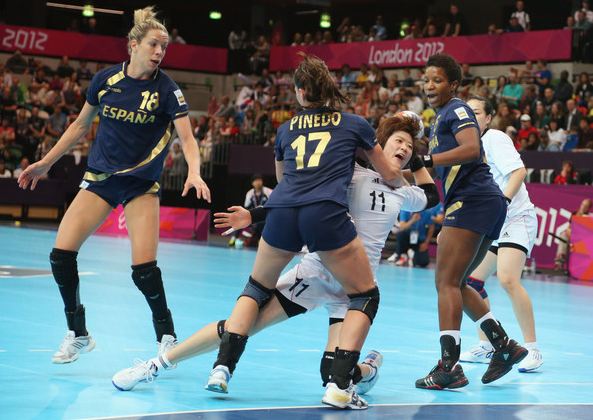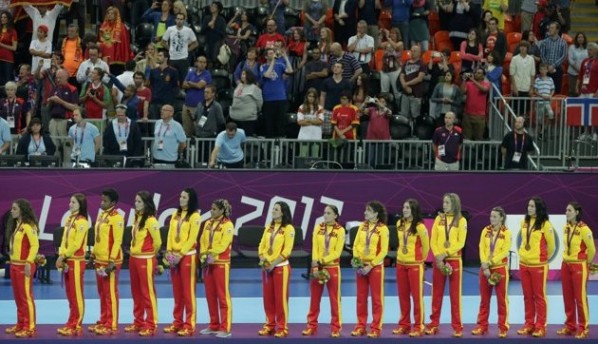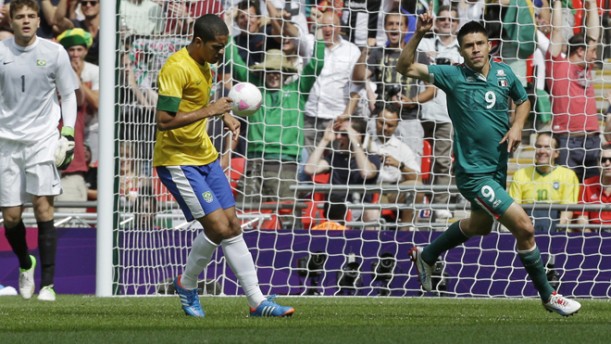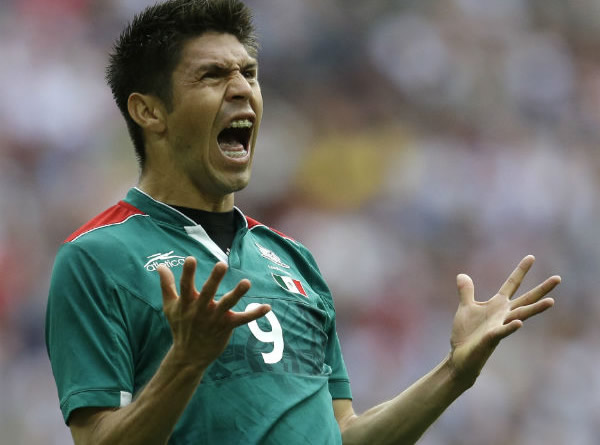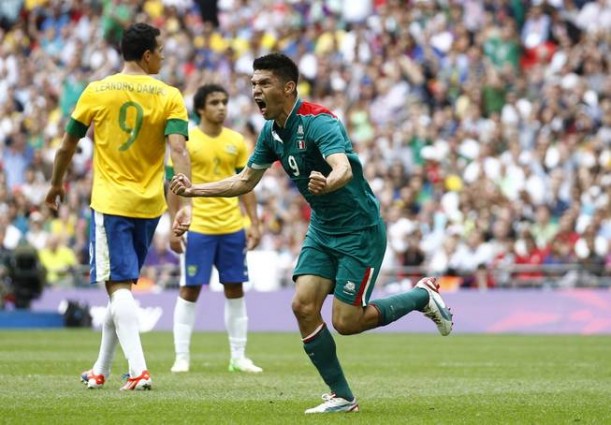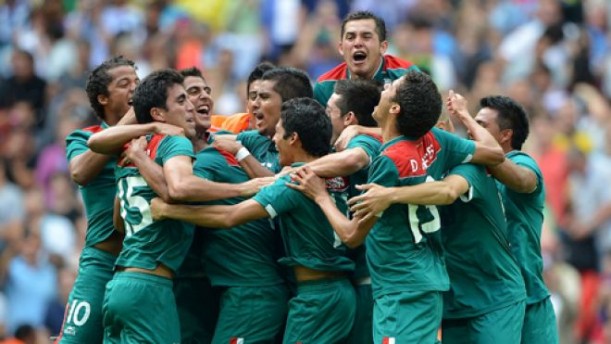The third time’s a charm for Spain’s women’s handball team at the 2012 Olympic Games…
Spain beat South Korea 31-29 after two periods of extra time on Saturday to win the Olympic women’s handball bronze medal at the London Games.
Competing in only its third Olympics in the women’s handball event, the Spanish team held its nerve against the two-time Olympic champions, who finished off the podium for only the second time in eight appearances. The 2000 Olympic Games in Sydney is the only other time that South Korea ended the competition out of the medals since the sport was introduced at the 1984 Olympic Games in Los Angeles.
Spain’s Jessica Alonso scored the game’s final goal late in the second period of extra time after the teams had already finished tied after normal time and the first period of extra time.
Goalkeeper Mihaela Ciobanu came on just for penalties and saved four of the five she faced to help Spain to the upset win.
South Korea had a four-goal lead in the first half and could’ve made it five except for a good save by Spanish keeper Silvia Navarro. A few minutes later, Spain was ahead after six straight strikes.
Suddenly the Spaniards, who seemed out of their element against the inexhaustible Koreans, found their form and when they surged into a four-goal lead after less than eight minutes of the second half they looked quite at ease.
But Spain, who finished third at the 2011 World Championships, buckled under some heavy Korean pressure in normal time and the two extra time periods. But the team managed to get back into rhythm and end the game on top.


